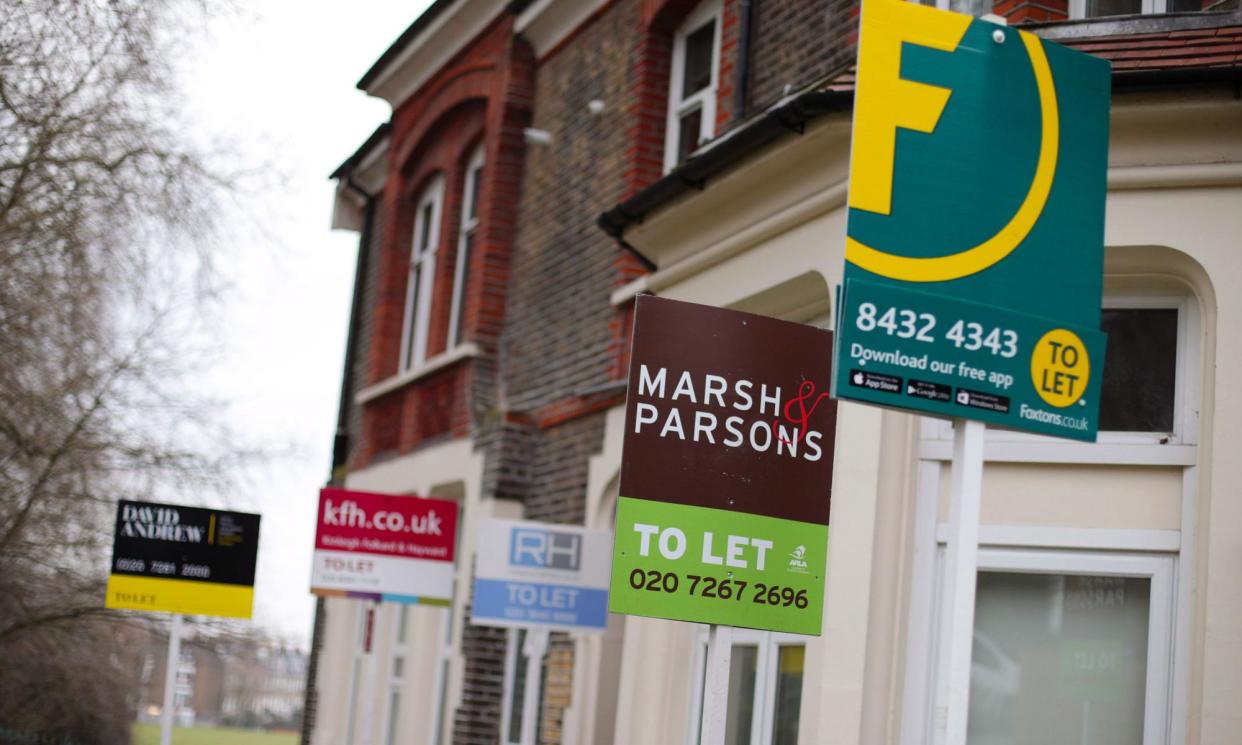Thousands of London long-term rental properties at risk from holiday lets plan

A loophole in government proposals to clamp down on Airbnb-style holiday lets could lead to the loss of thousands of long-term rental properties for families in London.
The government scrapped tax breaks for holiday homes in the budget and last month unveiled a registration scheme to help councils control the booming holiday let market, which Michael Gove, the levelling-up secretary, claims is denying local people the opportunity to buy or rent a home.
But the government also intends to give landlords a “permitted development right” to change rented properties into holiday accommodation without planning permission. This could overturn existing planning controls in London, where landlords seeking to let homes to tourists for more than 90 days must first ask borough planners.
Adam Hug, the Labour leader of Westminster city council, said the changes could lead to the loss of more than 10,000 rentable homes in Westminster: “Our fear is these changes will override existing controls in London and make a bad situation even worse,” he said. “The real losers in this will be people looking to rent properties who now have even less chance of finding a home.”
Related: What are the proposals to restrict short-term lets in England?
While councils will be able to bring in planning controls in areas blighted by too many holiday lets, they will need to collect robust evidence and take part in a year-long process. Camden council cabinet member Danny Beales wrote to Gove warning that a “12-month delay means we would be closing the stable door after the horse has bolted”.
The government is also proposing to give retrospective planning permission to properties now used for holiday rentals. Beales argues this would aid landlords already evading planning restrictions in London. The London borough estimates it and could lead to the loss of 6,000 homes, “equating to a loss of equivalent to the amount of housing Camden is expected to deliver in the next six years”.
Holiday lets are a far more lucrative option for landlords. The owner of a one-bed studio in Camden can make £1,173 per week as a holiday let compared with £270 on the private rental market, according to the borough.
There are no planning controls on holiday lets outside the capital, but many of the hardest-hit councils plan to bring in restrictions, which will be possible for the first time under the proposals. Cornwall has about 12,500 holiday lets and 27,000 people on its social housing waiting list, with around half deemed to be in priority need of housing.
“Over the last 20 years, we’ve seen a decline in the amount of hotel accommodation and the rise of people wishing to have self-catering holidays in residential properties,” said Olly Monk, Cornwall council’s Conservative cabinet member for planning and housing. “The end result of that is the scales have tipped too far in the favour of people letting out their properties for holiday accommodation at the expense of local families being able to find affordable rental accommodation.”
The Department for Levelling Up said permitted development rights would be rolled out nationwide, adding it could not comment on the impact of existing rules in London. It said the government was eliminating tax advantages for holiday lets and giving communities more control over future rises in the number of short-term lets. “Short-term lets can play an important role in the UK’s flourishing tourism economy, but in some areas, local families and young people feel they are being shut out of the housing market and denied the opportunity to rent or buy in their own community,” the spokesperson added.


